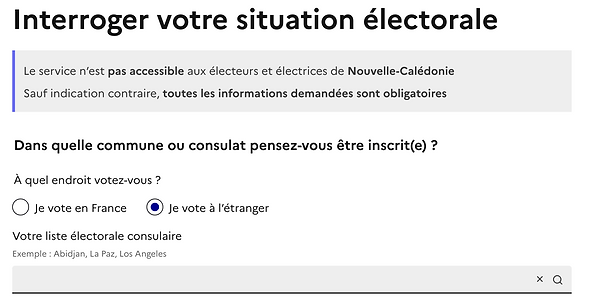FRANCE

France is a unitary semi-presidential republic with a bicameral legislature. Public officials in the legislative and executive branches are either elected by the citizens (directly or indirectly) or appointed by elected officials. Referendums may also be called to consult the French citizenry directly on a particular question, especially concerning an amendment to the Constitution.
France elects a head of state – the president – and a legislature on its national level.
-
The President is elected for a five-year term directly by the citizens.
-
The Parliament (Parlement) has two chambers.
-
The National Assembly (Assemblée Nationale) has 577 members, elected for a five-year term in single seat-constituencies directly by the citizens.
-
The Senate (Sénat) has 348 members, elected for six-year terms. 328 members are elected by an electoral college consisting of elected representatives from each of 96 departments in metropolitan France, 8 of which are elected from other dependencies, and 12 of which are elected by the French Assembly of French Citizens Abroad (Assemblée des Français de l'étranger) which has replaced the High Council of French Citizens Abroad (Conseil Supérieur des Français de l'Étranger) a 155-member assembly elected by citizens living abroad.
-
In addition, French citizens elect a variety of local governments. There also are public elections for some non-political positions, such as those for the judges of courts administering labour law (conseils de prud'hommes), elected by workers and employers, or those for judges issuing cases of rural land leases.


